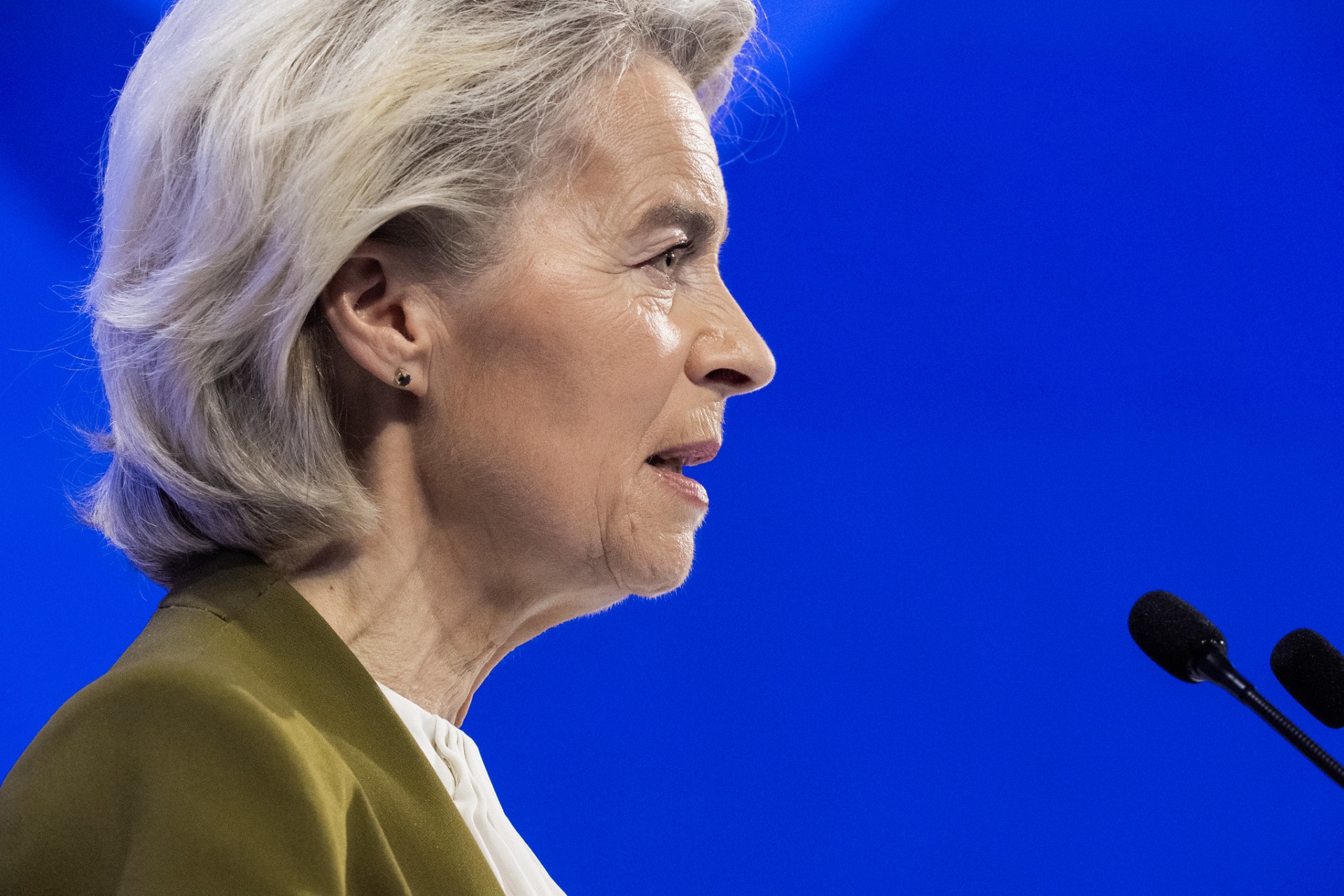As the topic of emissions inequality finds its place in public discourse, the billionaires of the world and their activities have become the subject of closer examination. From private jets to yachts, the lifestyle of a billionaire emits thousands of times more carbon emissions than the bottom 90% of humanity.
This number skyrockets to one million times higher when the carbon emissions from their investments are included in their carbon footprint.
The Oxfam Report: Billionaires choose to fund the fossil fuel industry
The fact that billionaires emit vastly more than their fair share of emissions is well known. What Oxfam’s new report uncovers is the degree to which the investment choices made by billionaires are single-handedly affecting the world’s climate.
A billionaire emits a million times more greenhouse gases than the average person, according to Oxfam.
We know which ones we need to hold accountable for the climate crisis. https://t.co/9Yge9NCuF6
— Greta Thunberg (@GretaThunberg) November 9, 2022
For a person of average wealth, the result of emissions from their investments do not significantly contribute to their carbon footprint. This is reversed for the top 1%, whose investments alone account for 50% to 70% of their annual emissions.
The combined GHG emissions from 125 billionaires and their portfolios equals the carbon footprint of France, a nation of 67 million people.
The social and financial influence of these billionaires and their investments are perhaps even more impactful than their net emissions. Billionaires, who have access to large amounts of capital, vote with their money, and they invest twice as often in fossil fuel based industries and highly polluting activities than the S&P 500 average.
Through investing in the carbon-heavy status quo and providing capital to fossil fuel based companies, billionaires do not only contribute emissions to the atmosphere that are proportional to their stake in the company. They are actively upholding carbon-intensive systems and preventing global economies from transitioning to systems that are rooted in renewable energy.
With money comes power, and billionaires have the power to choose which path humanity will follow. The report addresses this, saying:
“The decisions that investors make now can potentially determine our emissions for decades to come – for instance, bad decisions on infrastructure investments can commit us to high levels of GHGs far into the future. Rich people are not only higher emitters because of their investments; but, because investment emissions are a matter of choice, they have a responsibility to use their power to bring a rapid end to fossil fuel extraction and use and a rapid and dramatic reduction in the carbon emissions of the corporates in which they are invested.”
Billionaires could use both their investment capital and influence as stakeholders to steer companies away from high-carbon infrastructure and fund the innovation necessary to make a clean and swift transition to renewable energy.
With power comes responsibility, and the ultra wealthy have demonstrated clearly that they will not use their power to safeguard humanity and will continue to choose luxury and profit over the lives and livelihoods of billions.
Suggested Next Steps from the Oxfam Report
The first suggestion would be to abolish billionaires themselves. It is in everyone’s best interest to prevent any single person from accruing enough capital to have control over the future of a species. One suggestion from the report is to begin taxing the highest levels of wealth, in order to reduce the numbers of very rich people in our society and their power.
Related Articles: The Huge Carbon Footprint of Billionaires | Taxing the Rich: A Carbon Tax on the Top 1% Could Have Earned the UK £126 Billion Over 20 Years | Airport Activism: Is a New Style of Protest Taking Off?
The top 1% emit more carbon than the bottom 50% of humanity, and their share of global emissions is growing the fastest. This tax would help lower emissions and raise billions of dollars to cope with the impact of climate breakdown and compensate for losses and damages incurred. Greater taxation of the total wealth of rich people is essential in achieving greener and fairer taxation.
A new study finds that billionaires' fossil fuel investments make their carbon emissions over a million times worse than the average person.
Ashfaq Khalfan (@ashfaqkhalfan), co-author of the @oxfam report, says a wealth tax can reduce money for Big Oil and fund cleaner sources. pic.twitter.com/MOXJY6zSRx
— Democracy Now! (@democracynow) November 11, 2022
Increased transparency, accounting, and reporting of carbon emissions are the next most important steps. From one list of 220 billionaires who were invested in a total of 604 companies, 44% of these corporations report scope 1 and 2 emissions and only 24% report scope 3 emissions.
The scope 3 emissions of a company, also referred to as “value chain emissions”, represent the total scope 1 and 2 emissions of all the suppliers and partners in a company’s value chain. Scope 3 emissions often account for the majority of a company’s total emissions and, as such, are essential for accurate emissions reporting.
In the S&P 500, by comparison, 71% of companies report scope 1 and 2 emissions and 43% report scope 3 emissions.
Billionaires are choosing to invest in companies with below average transparency. Accountability must be increased in order to act on this issue.
The report includes suggestions for investors’ best practices as well. Investors should favour low-carbon companies and, when acting as principal or controlling shareholders, push for low-carbon activities within their companies.
All major investors should ensure that the companies in their portfolios
- improve the way they measure their carbon footprints
- commit explicitly to a scenario of a maximum 1.5°C of warming and achieve net zero by 2050
- translate commitments on climate change into an action plan with concrete reduction targets
- withhold finance for any new extraction of fossil fuels, coal-fired power generation, or oil from tar sands in high-income countries
- Limit projects in low and middle income economies to those that demonstrate that the public benefits exceed the costs of extraction, taking into account the risk of potentially stranded assets
- define a credible phase-out strategy for fossil fuels as a whole
The report also suggests that taxes be increased on any wealth that was generated by high-carbon or highly polluting activities.
So far, only the personal investments of billionaires have been discussed, but the relationship between average people and their investment-related emissions is also relevant to one common issue: pensions.
In seven leading economies, $52 trillion is invested in pension funds. This presents a clear opportunity to leverage the power of investment in funding sustainable businesses. To put this figure into perspective, adjusting our infrastructure to be compatible with net zero emissions by 2050 will require $4 trillion of investment in the transition to clean energy.
The UK government is introducing measures that will require pension schemes to measure and publish their climate commitments, to encourage savers to invest in more sustainable funds.
Essentially, the report recommends reducing wealth inequality and, if this is not likely in the short term, increasing taxes and introducing artificial market signals that will incentivise billionaires to change the ways in which they invest.
Emissions inequality has been a focal point of COP27. Wealthier nations have pledged funding to poorer nations for loss and damage reparations, because developed nations have largely caused the climate crises whilst developing nations continue to be disproportionately affected by it.
Why shouldn’t this happen at the level of the individual as well? Billionaires have contributed disproportionately to the climate crisis whilst being financially able to insulate themselves from the effects of their actions. If wealthier nations are pledging to fund reparations, billionaires should have to pay as well.
Editor’s Note: The opinions expressed here by the authors are their own, not those of Impakter.com — In the Featured Photo: A superyacht in Greece. Featured Photo Credit: Claudio Poggio














